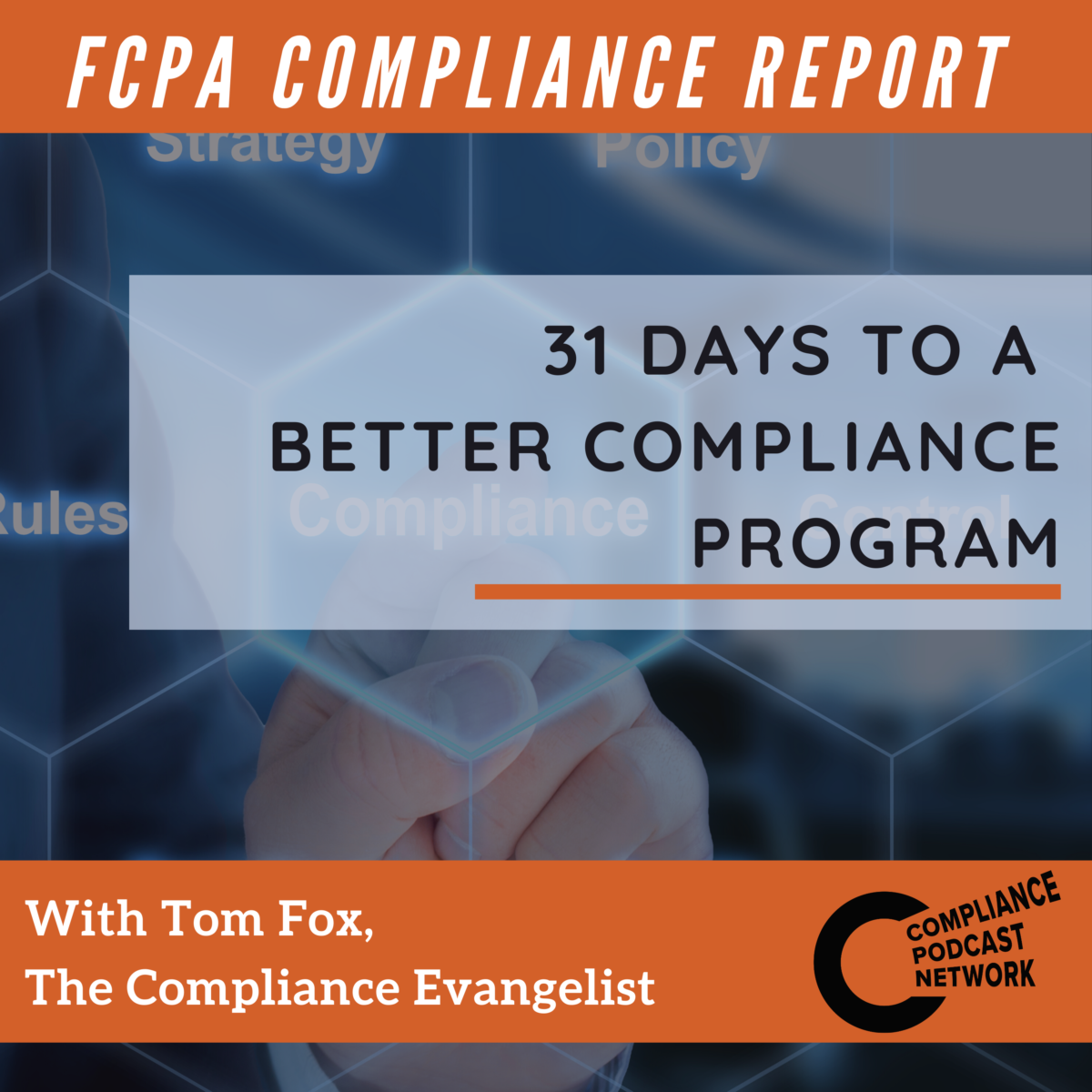Welcome to the award-winning FCPA Compliance Report, the longest-running podcast in compliance. Today, Tom visits Brad Hibbert, COO/CSO at Prevalent, as they discuss the surprising findings of Prevalent’s annual third-party risk management study. Discover why so many organizations still rely on spreadsheets and manual processes for managing third-party risks. Brad recommends an integrated approach to third-party risk management that considers the entire lifecycle of the relationship with third parties.
The podcast highlights the top five key findings of the report, including data breaches as the top concern, security driving the program, and the increased involvement of IT in the process. Learn how to minimize cyber exposure and risks associated with third-party management by breaking down silos, automating processes, and focusing on reducing risks associated with third parties. Listen to Brad’s practical advice on how to prioritize risks and plan your risk management program and visit prevalent.net for more compliance mandates and best practices. With exciting insights and actionable advice, this podcast is a must-listen for anyone interested in managing third-party risks.
Key Highlights:
· Prevalent’s annual third-party risk management study
· Integrated Third Party Risk Management
· Top Challenges for Organizations in Data Security
· Third Party Risk Management Survey and Findings
· Minimizing Cyber Breaches
· Effective Response to Breaches and Third-Party Programs
· Managing Business Risks for Compliance
Notable Quotes:
“The top concern driving third-party risk management programs is security, with 71 percent indicating it as their main priority.”
“Data breaches continue to be a top concern, with 41 percent of the respondents indicating that they were impacted by a third-party data breach in the last 12 months and had to perform some remedial activity.”
“About 70 percent reported increased involvement from the IT group, while 71 percent indicated that infosec owns the program.”
“Identifying and mitigating risks before the company is impacted.”
“Customs put together this enforcement dashboard that contains all of these statistics on how they’ve been enforcing the UFLPA.”
Resources
Brad Hibbert on LinkedIn
Prevalent
3Rd Party Risk Management Report
Tom Fox
Instagram
Facebook
YouTube
Twitter
LinkedIn







